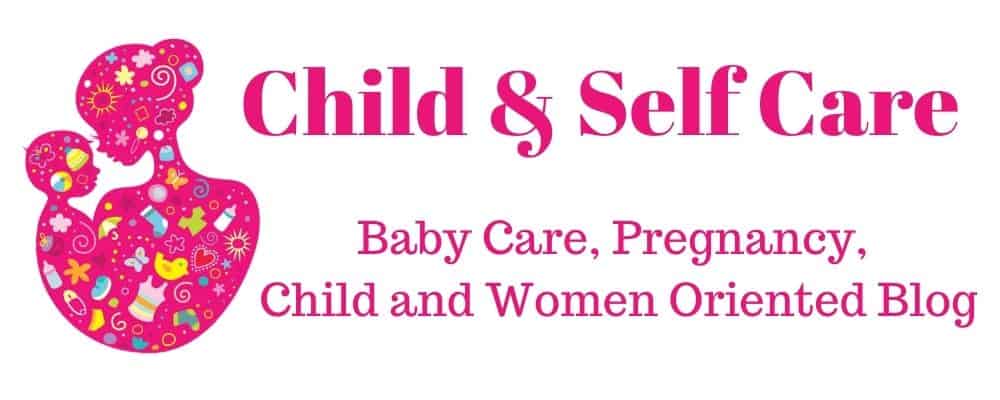The young children cannot speak, and cry is the only language to express their needs and draw attention to their hunger and sleep, pain or unpleasant conditions. Healthy infants cry for 2-3 hours on an average every day during first two months of life. Here the question is how parents suppose to know why their baby is crying? It can be tricky to interpret your child’s cries, especially at first.
Why do babies cry?😣
- Periodic crying in infants is most commonly due to hunger, thirst, wet nappies and boredom. Signs of hunger: fussing, smacking of lips, rooting (a newborn reflex that causes babies to turn their head toward your hand when you stroke their cheek), and putting their hands to their mouth.
- Many babies cry while passing urine( due to discomfort of full bladder), become quite and dazed while passing urine and start crying again after having passed urine. It is normal and should not be considered as a sign of difficulty in passing urine.
- Most infants cry and fret while falling asleep.
- Babies can be troubled by something as hard to spot as a hair wrapped tightly around a tiny toe or finger, cutting off circulation. (Doctors call this painful situation a “hair tourniquet,” and it’s one of the first things they look for if a baby seems to be crying for no reason.)😃
- Babies may cry due to fatigue and over stimulation or due to fussiness.
- Some children are placid and happy-go-luck while others are sensitive, aggressive, over demanding and easily frustrated.
- Excessive crying may occur due to teething, viral infection, headache, body aches, nose block, otitis media(earache), choking, unrecognized injury(pulled elbow or shoulder) or infection in any organ of the body.
- Crying may occur as a side effect of administration of some drugs.
- Most crying infants are comforted when picked up but when infants become more uncomfortable an picking up it indicates the presence of a painful condition in the limbs, joints and bones.
- Burping isn’t mandatory. But if your baby cries after a feeding, a good burp may be all he needs.Babies swallow air when they breastfeed or suck from a bottle, and if the air isn’t released it may cause some discomfort.
- Crying and fussiness while feeding is suggestive of teething, nose block, thrush and ulcers in the mouth.
When crying is inconsolable or associated with fever, refusal to take feeds, it is suggestive of a serious disorder. Then its the time to consult your doctor.
Must read articles:
15 ways to handle/ manage your Child’s Anger
Homemade kesar badam(Almond) powder for Kids – An Instant Drink
Food for your 6-8 Month old Baby
Night Crying
- Night crying is common during early infancy. It is apparent rather than real because infants are not aware of day and night and even physiological whimpering due to hunger or wet napkin appears too loud during quietness and solitude of the night.
- Night crying is more disturbing and troublesome to tired parents and neighbors because it interferes with their sleep.
- Abnormal and excessive crying at night may occur due to exposure to cold or over clothing and insect bites due to mosquitoes and bed bugs.
- Pin-worms may cause crying at night due to perianal itching.Sudden episode of crying at night may occur in female infants when pin-worms may wriggle through the vaginal orifice.
- Open diaper pin may cause unexplained crying at night.
- Nose block often becomes worse at night due to fall in room temperature.
Evening colic(tummy trouble)
Tummy troubles associated with gas or colic can lead to lots of crying. This condition is called colic defined as inconsolable crying for at least three hours a day, at least three days a week, at least three weeks in a row. Read about it in detail to overcome this problem. Colic , Reflux : symptoms, causes and remedies
Interesting articles to read:
6 Non-Chemical Skin glowing packs for Mothers
Body Massage for Infants
What to do?
- By experience most mothers should be able to differentiate between the cry due to hunger or wet napkins and cry due to discomfort and pain.
- Whenever the baby cries, pick him, talk to him in a low voice and touch him gently.
Put your hand on his head, leg or tummy and rub him softly.
- Cuddle him and caress him with gentle rhythmic rocking movements. Some parents hesitate to respond to their infant’s cry for fear of “spoiling” the child. Remember, it is impossible to spoil your child with love and attention during first six months.
- You should make sure that baby is not uncomfortable due to exposure or over clothing and as a result of insect and mosquito bites at night.
- Application of a soothing cream or bland coconut oil over the anus is useful to relieve perianal itching.
- Never apply mustard oil at the bottom because it can cause marked irritation and smarting.
- Infants with evening colic may get temporary relief by rhythmic rocking, placing them prone on the thighs (which facilitates expulsion of wind.), gentle massage of abdomen, continuous musical sound or by taking for a drive in a car.
- Paracetamol is useful for relief of discomfort due to teething or any inflammatory painful condition or trauma of limbs. It can be safely given to a crying infant. For detail description refer this link. http://www.babycentre.co.uk/x1052185/can-i-give-paracetamol-or-ibuprofen-to-my-baby
- Application of hing (asfoetida) dissolved in water around the umbilicus and giving a decoction of ajwain (carom seeds) and sonf(anethi seeds) may provide relief.
- Gripe water mixture should not be used due to high alcohol content. Anti -colic drops may be administered half an hour before the anticipated time of crying spells on the advice of a doctor.
- There is no need to change the type and mode of feeding but attempts should be made to reduce environment tension and decrease stimulation of the child.
- Never use pacifier to get some respite from an irritable and demanding children. The use of a pacifier is associated with several health hazards and must be avoided. When crying is inconsolable or associated with fever or refusal to take feeds, immediate consultation must be sought with a pediatrician.
I hope this article will help mothers to sooth their darling one…
Share your experience mom how you manage your crying baby. Feel free to comment if you have any doubt related to the article.
To get regular updates please subscribe to my blog and like my face book page.😃
ref: The art and science of baby and child care






Jagmeet Tagore Lisha Tagore
Nice Post!
Worlds best fan !
Absolutely Agree
Lisha Tagore Sugneeswari Balakrishnan
Awesome:D
:)
Baby magic tea is the best natural remedy to settle a restless baby during night. It has no preservatives and no caffeine.